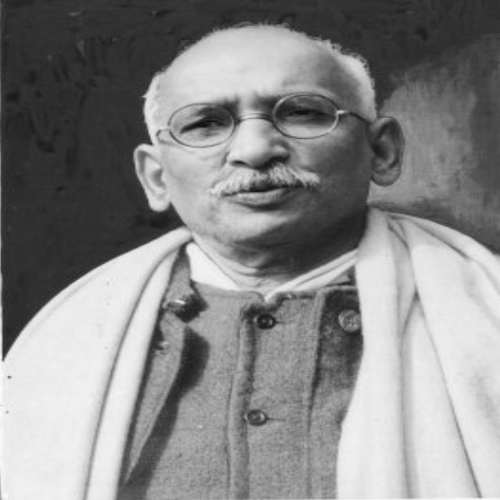Early Life
Bhogaraju Pattabhi Sitaramayya was born on 24th November 1880. He obtained a medical degree from Madras Medical College. Between 1906 and 1916, he set up a practice in Masulipatnam, Andhra Pradesh.
In 1919, he set up a weekly English publication, the Janmabhumi.
Role in India’s Independence Movement
In 1916, he gave up his medical practice and became involved in the Indian political and freedom movement. He joined the Congress party and was eventually elected its president in 1948. Sitaramayya took part in the Home Rule movement, Salt Satyagraha, Gandhi’s individual Satyagraha in 1941 and Quit India movement.
Contribution to Constitution Making
He was elected to the Constituent Assembly from Madras province in 1946 on a Congress party ticket. Sitarammaya was a member of the Constituent Assembly Negotiating Committee which carried out deliberations with the Chamber of Princes to integrate the princely states with India and was successful in including the representatives of these states in the Constituent Assembly. Additionally, he chaired the Committee of Chief Commissioner’s Provinces which made recommendations on the administrative and legislative setup for Delhi that was later adopted by the Constituent Assembly.
Some of his important interventions were in the debates surrounding the privy purse and separate electorates.
Later Contributions
Sitaramayya was appointed as the Governor of Madhya Pradesh from 1952 to 1957.
He passed away on December 17th, 1959.
Key Writings
Popularly referred to as the ‘historian of Indian National Congress’, he has written the History of the Indian National Congress in two volumes (1935 and 1947). His other writings include Indian Nationalism, The Redistribution of Indian Provinces on a Linguistic Basis, Non-Cooperation, Some Fundamentals Of The Indian Problem, Current history in questions and answers, and Feathers & Stones: My Study Windows.
- A day before the Constitution was adopted by the Assembly, Sitaramayya responded strongly to critics who claimed that the Constitution was not a revolutionary document.
- He defended Privy Purse granted to the princes and noted its significance in securing accession of the Princely States to the Indian union:
- During the discussions on the powers of the Governor, responsible governance, and political parties, he mounted a defense against separate electorates. He narrated the historical demand for separate electorates, and claimed that it would enable the formation of ‘political parties on purely political principles without any communal bias’.
- Pattabhi Sitaramayya, a biography by Mamidipudi Pattabhiram.

